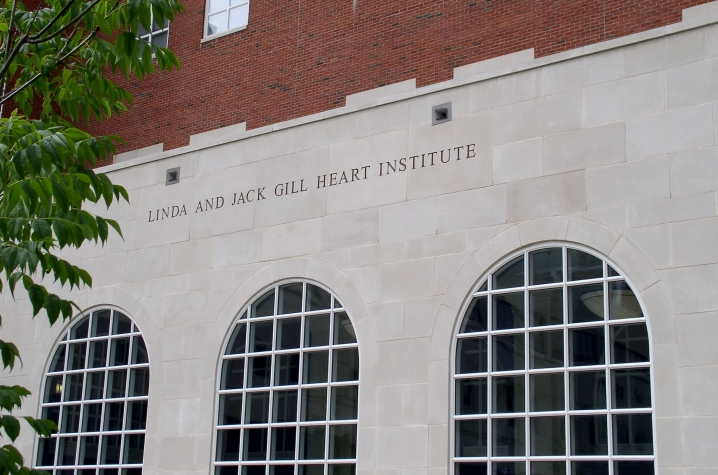UK Gill Heart Institute Partners with The Christ Hospital for Clinical Trial

LEXINGTON, Ky. (July 6, 2016) — UK HealthCare's Gill Heart Institute and The Christ Hospital in Cincinnati have partnered to test a new treatment for adults with congenital heart disease.
The COMPASSION Trial will test the efficacy of the Sapien 3 valve as a replacement for a diseased pulmonary valve. The Sapien 3 has already been approved for replacement of the aortic valve.
“This study offers a revolutionary new treatment for patients with adult congenital heart disease who would otherwise be facing at least a second surgical procedure,” said Dr. Dean Kereiakes, medical director of The Christ Hospital Heart and Vascular Center and The Carl and Edyth Lindner Center for Research and Education. “The Compassion Trial offers leading edge technology currently available for catheter-based aortic valve replacement to patients with surgically repaired congenital heart disease who need pulmonary valve replacement."
Patients enrolled in the trial will undergo their procedure at The Christ Hospital under the care of physicians from both The Christ Hospital and UK HealthCare.
The Sapien 3 valve was developed by Edwards Lifesciences of Irvine, California, and is the leading catheter-based device for treatment of aortic valve stenosis. In the COMPASSION trial, the Sapien 3 valve will be inserted via the femoral vein in the leg to the right side of the heart and into the pulmonary valve position.
According to COMPASSION co-PI Dr. Andrew Leventhal, assistant professor of medicine at the University of Kentucky, the Gill Heart Institute is one of the few U.S. centers to offer a multidisciplinary program dedicated to Adult Congenital Heart Disease.
"This new specialty is for patients who were successfully treated by pediatric cardiologists and surgeons, and as a result have grown to adulthood,” said Leventhal. “The COMPASSION Trial is an excellent example of new technology that will help bridge the gap for adults with congenital heart disease who still need specialized follow-up care."
Media Contact: Laura Dawahare, (859) 257-5307




